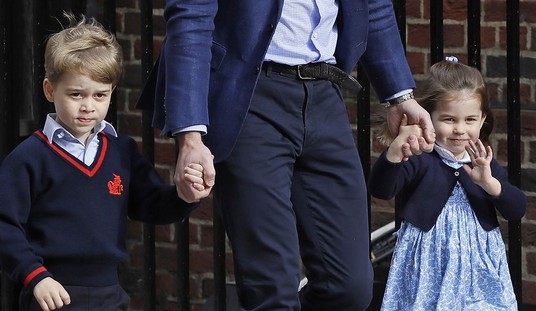Many of us who are kept by cats fervently believe that our beloveds see us as their parent. But recent research has revealed something that might surprise you.
Our kitties see us as another big, non-hostile cat.
This means that our cats’ interactions with us are driven by instinct more than learned behaviors.
When your cat kneads your lap or another surface, it’s a behavior meant for a mother’s belly that keeps milk flowing.
When your cat greets you with an upright tail, this is a friendly sign reserved for greeting a non-hostile cat. Bradshaw describes this behavior as “probably the clearest way cats show their affection for us.”
Rubbing against your legs and grooming you is another a way your feline treats you like a cat. If you have multiple cats, you’ve probably witnessed these shared behaviors between your pets.
And when your feline friend brings you the occasional dead rodent or half-eaten insect, it’s not a gift or an attempt to feed you.
Your cat simply wants a safe place to eat his kill. When he bites into his catch, he realizes the food you provide tastes better, so he leaves the remains of the prey behind.
Of course, most of us will continue to treat our feline friends as our kids. I’m sure the cat doesn’t care, just as long as the food bowl is full and the litterbox is reasonably clean.
The implications of this peek into cat thinking are interesting. And it explains why cats have no problem leaving their human companions and returning to a feral state.
By the same token, that independence is perhaps the most attractive character trait of cats. They don’t need us to survive, but they stay with us anyway — not because we’re substitute mamas, but because they are comfortable with us.
Another recent discovery about cats is that they do, indeed, recognize their names:
Researchers led by Atsuko Saito, a cognitive biologist at Sophia University in Tokyo, found evidence they can distinguish their names from similar sounding words, but their response is subtle.
The researchers visited several places, from households to a cat cafe, to judge the cats’ responses. In all scenarios, the cats responded to their own name more overtly than they did to random nouns or other cat names, but by overtly, we mean they twitched their heads, ears or tails.
“Cats are just as good as dogs at learning — they’re just not as keen to show their owners what they’ve learnt,” Bradshaw told Nature in an article about the Japanese study.
Ain’t it the truth.










Join the conversation as a VIP Member